Hourly Home Care
ConsidraCare offers hourly home care for seniors needing part-time support with daily activities in their own homes.
- Award winning, nurse-led care
- Rigorously vetted, trained and trusted caregivers
- A+ BBB accredited, compassionate and consistent support
Excellence You Can Trust
GPA-certified caregivers, BBB A+ accredited service, supported with award-winning technology.



Find Care
Contact us now for a free assessment
Because You Shouldn't Have to Do It Alone
We understand the stress of finding hourly home care in Guelph. Let us help you find relief, confidence, and support every step of the way.
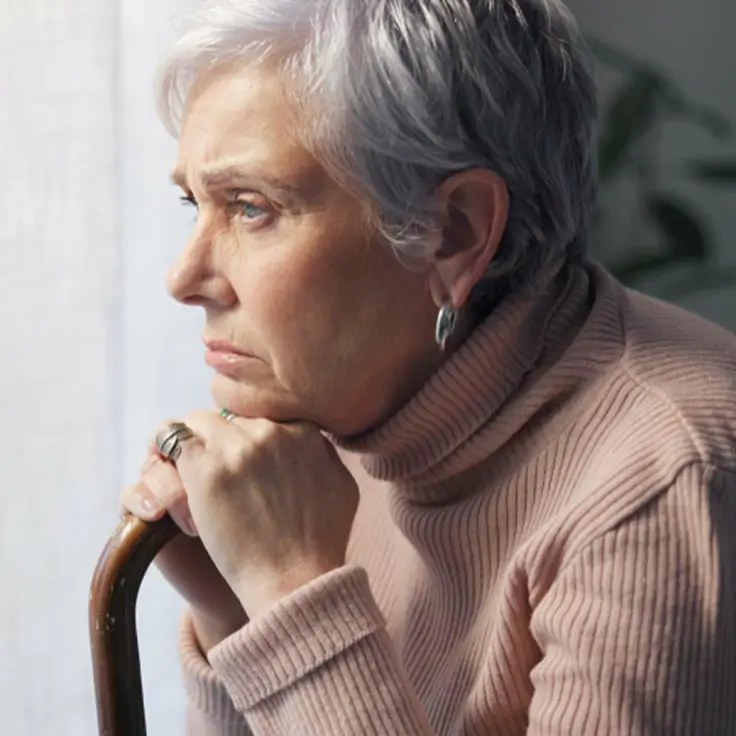
Loneliness
Your parent spends their days alone.

Worry
You’re constantly concerned about their wellbeing.

Joy
Everyone deserves dignity and joyful connection.
How do we match you with the right PSW or senior caregiver?
Hourly home care is best suited for seniors with low to medium care needs who want to age in their homes. A carefully matched PSW or caregiver visits the senior for a few hours on required days to provide care and assistance with activities of daily living.
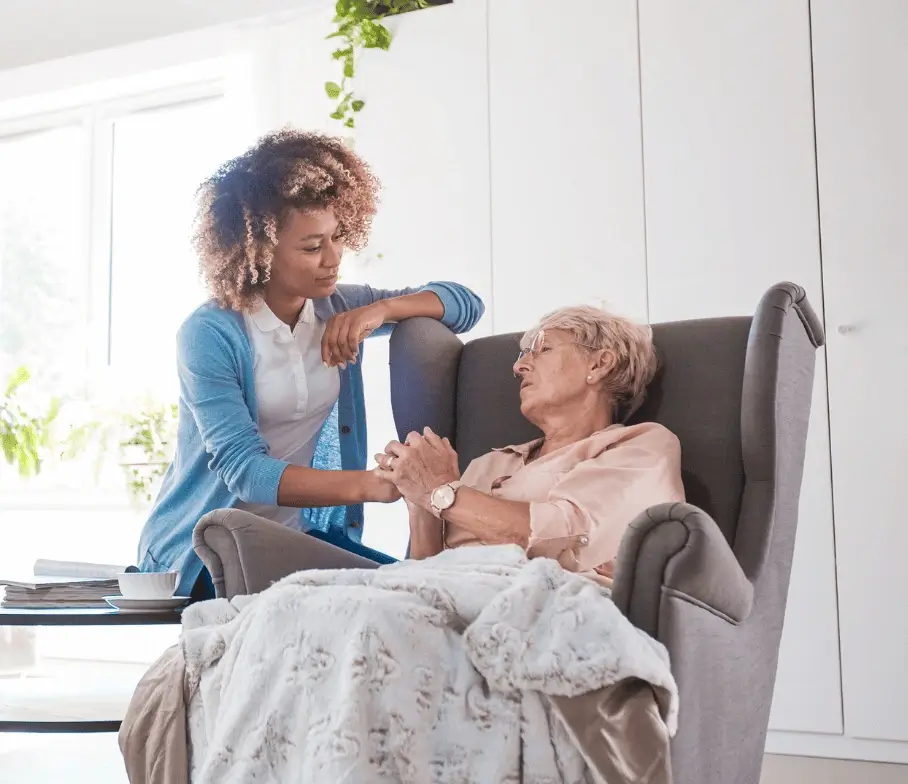
Why Families Across Ontario Trust ConsidraCare

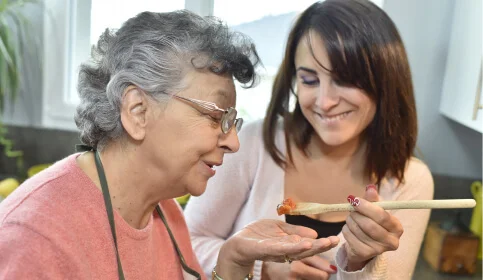
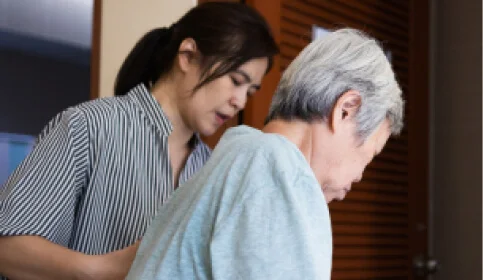

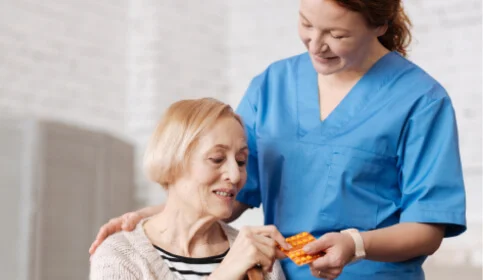
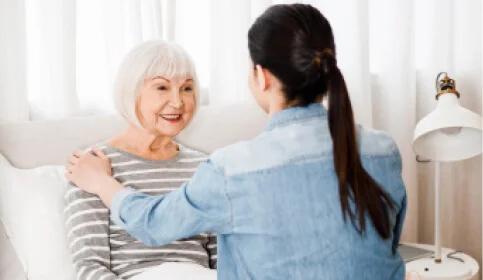



Getting Care Is Simple and Fast
We streamline everything so your loved one can receive quality care in just a few easy steps.


Needs assessment
We first work with families to identify their elderly care needs and build a detailed senior care plan for their loved ones.

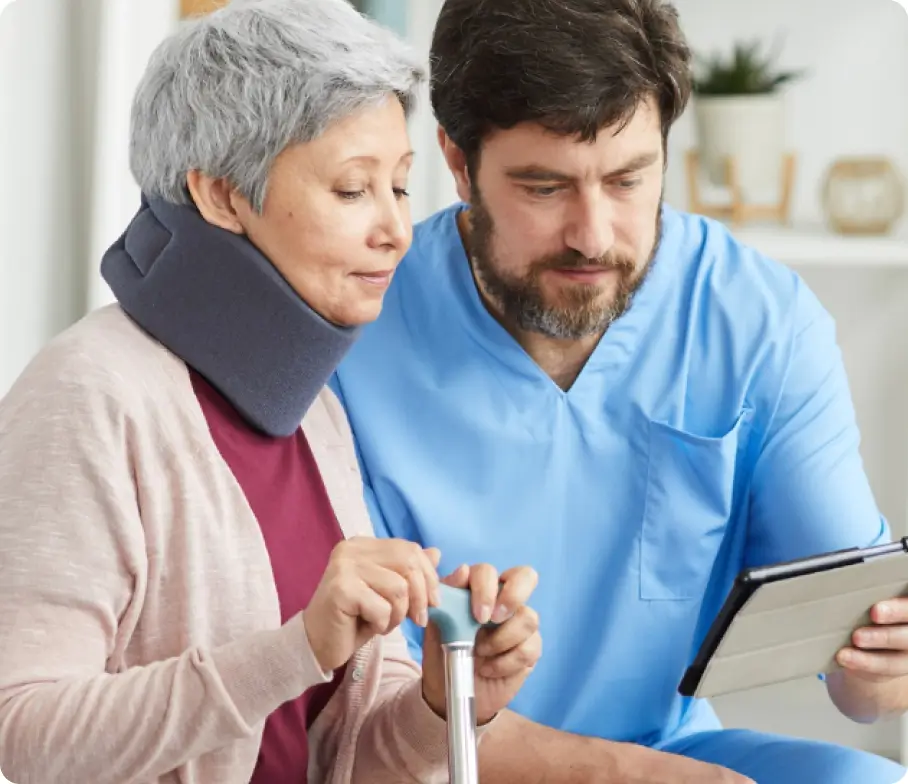
Intelligent caregiver matching
Our platform finds best-matched caregivers from our pool, screened, vetted, insured, trained, using tools to deliver daily tasks and monitor mood, vitals, needs, personality.


Ongoing elderly care services and management
We engage families and caregivers to review senior care plans and daily task lists via ConsidraCare portal and app, providing support and advocacy.

Talk to a care advisor
Our team will help create a custom care plan for your loved one — no pressure, no obligation.
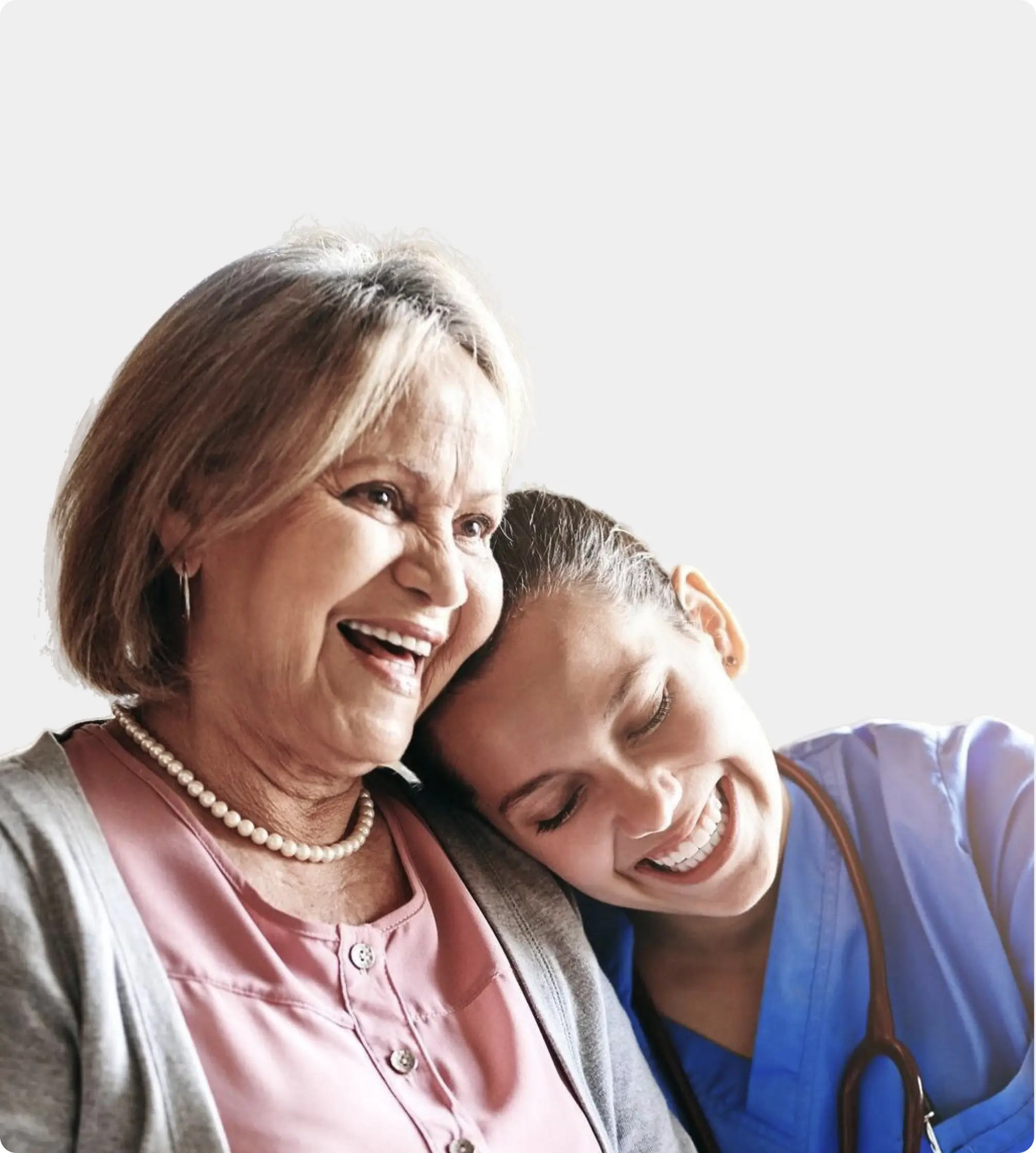
Simple, straight-forward and transparent pricing
New Client Offer
Only $33.99/hour* for the first month
For Hourly care. Conditions apply.
Regular Hourly Care
Limited Offer
Personal Support Worker (PSW) services for ongoing care needs
Starting From
$33.99
/hour
First Month Introductory Rate For Hourly Care
Recommended for
Seniors with non-chronic medical conditions requiring help only for a few hours or days in a week.
Regular care
3 or more visits per week
$38.99 /hr
12-24 hour shifts
$34.99 /hr
Short visits
1 - 2 visits per week
$44.99 /hr
- Bathing, Dressing & Grooming
- Meal Prep & Light Housekeeping
- Medication Reminders
- Couples Care from $46.99/hr
Live-in & Respite Care
Round-the-clock support with overnight caregiver presence
Starting From
$330
/day
First Month Introductory Rate For Live-in Care
Recommended for
Seniors with chronic and serious health issues in need for personal medical care in their homes.
Standard live-in
More than 7 days per month, recurring
$350 /day
Respite Care
Short-term (up to 7 days)
$400 /day
- All services provided under hourly care
- Overnight Safety and Supervision
- Nurse Supervision
- Ontario ESA Compliant Support
Nursing Care
Professional RN/RPN visits for medical care needs
Starting From
$150
/visit
Recommended for
Seniors with life-impacting chronic conditions requiring constant monitoring and assistance in daily tasks.
2 or more visits
$150 /visit
Single visit
$165 /visit
- Vitals Monitoring & Wound Care
- Medication Administration
- IVs and Injections
- Post-Hospital Assessment
- Site Safety Monitoring (Events, Movie Sets etc.)
Why We Are The Smartest Choice
We bridge the gap between expensive agencies and risky private caregivers.
Average Annual Savings
$4,500+
vs. Standard Agency Rates*
*Savings calculated based on a typical 20-hour weekly schedule compared to the 2024 industry average rate of $43.50/hr.
Feature
Private Caregiver
Traditional Agency
ConsidraCare
Hourly Rate
$25 - $30
(Cash)
$40 - $55+
$38.99
Nurse Assessment and Care Plan Updates
N/A
$150 - $250
$0.00
(Free)
WSIB & Insurance
High Risk
- Included
- Included
Nurse Supervision
None
Often Extra $$
- Included
Digital App
None
Maybe
- Included
Comparison based on market average for insured agencies in Ontario.
No hidden costs, long-term contracts or upfront placement fees.
Or call us on 1-855-410-7971 to get an instant quote
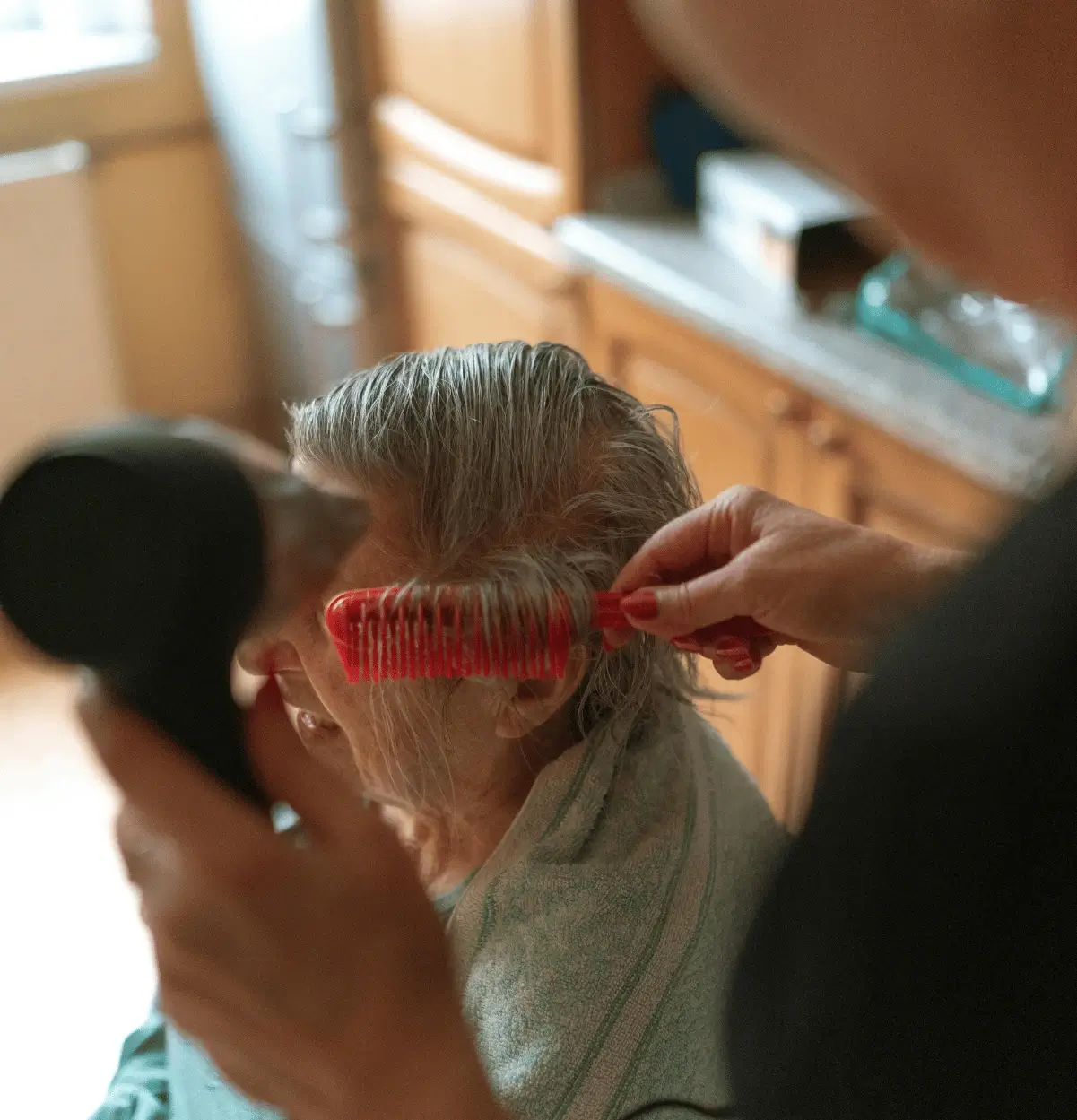

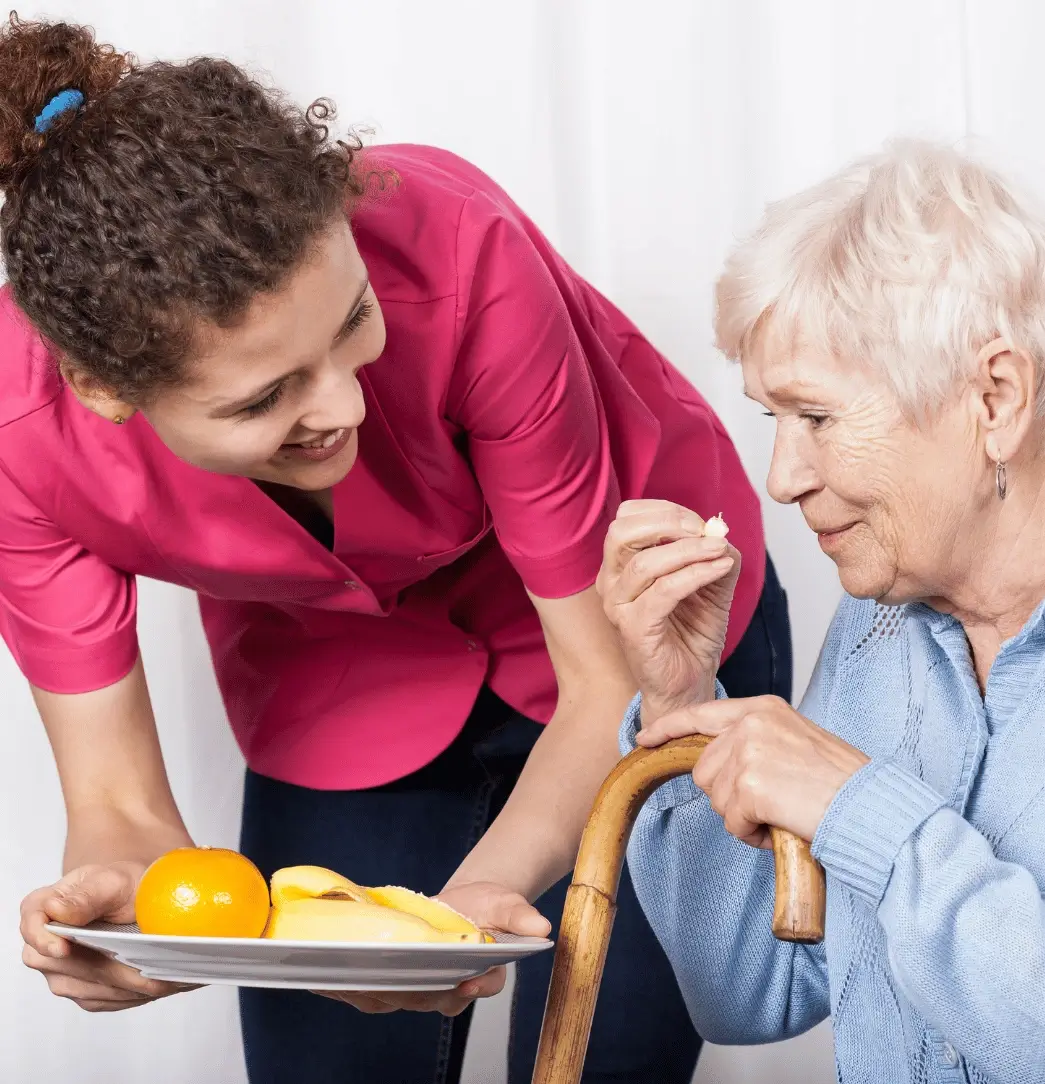
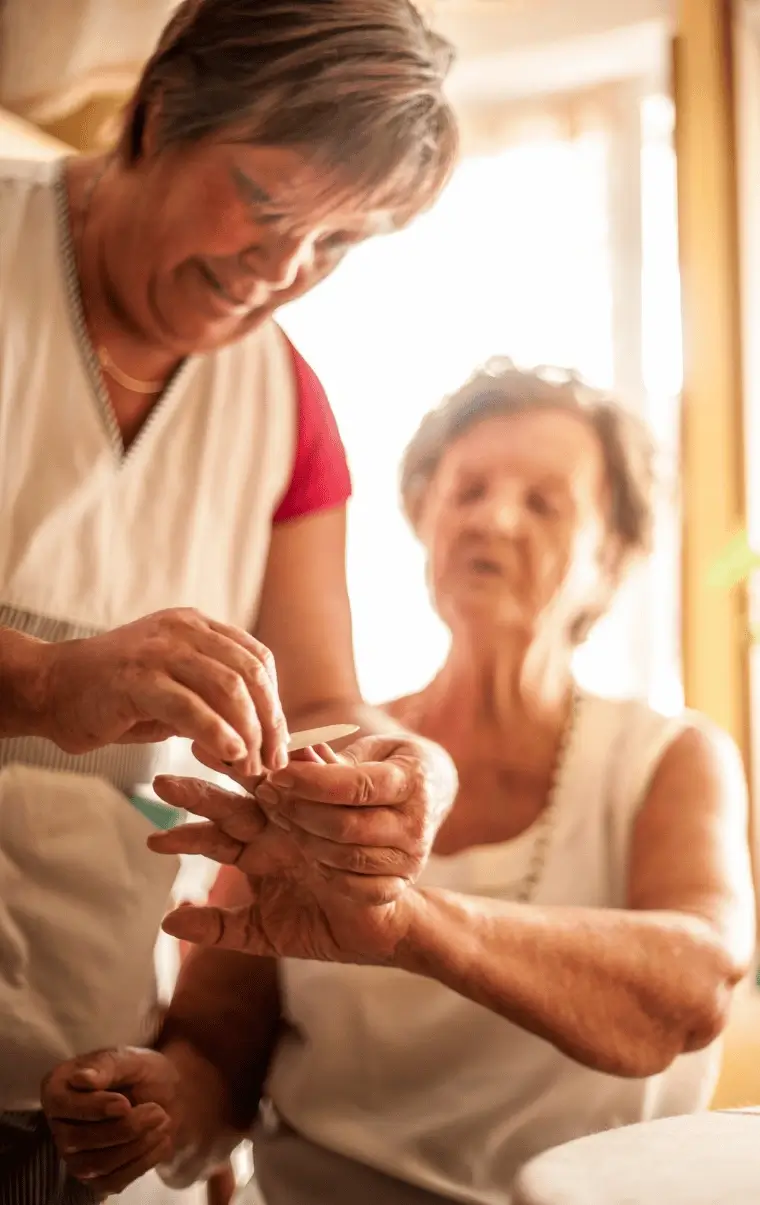
What's Included In Hourly Home Care Services?
Hourly home care offers flexible, personalized support so your loved one can stay safe and comfortable at home while you rest easier.
- Help With Mobility and Safe Transfers
- Medication Reminders and Supervision
- Meal Prep and Light Housekeeping
- Companionship and Emotional Support
- Personal Hygiene and Toileting Help
Real Stories From Across Canada
M. Lee
Client , Burlington
ConsidraCare’s expertise and compassion are evident in every interaction.
Dr Adam Kuyumi
Physician, Mississauga
ConsidraCare is a reliable partner in health care, delivering unwavering quality of care.
Frequently Asked Questions
In most cases, we can match and begin care within 24–48 hours following your free care assessment.
Some private insurance plans and long-term care benefits may reimburse hourly care. We help navigate your options.
Yes, hourly care is fully customizable — morning, evening or split-shift coverage is available based on your needs.
Our caregivers receive training in dementia, mobility, Teepa Snow techniques, and undergo rigorous background checks.
Yes, our family portal provides real-time updates, notes, and reports after every caregiver visit.
Absolutely. We offer flexible scheduling and no long-term commitments. Adjust plans with just 24 hours' notice.
Let’s Help Your Loved One Feel Connected Again
No obligation. Just real care, real connection.




